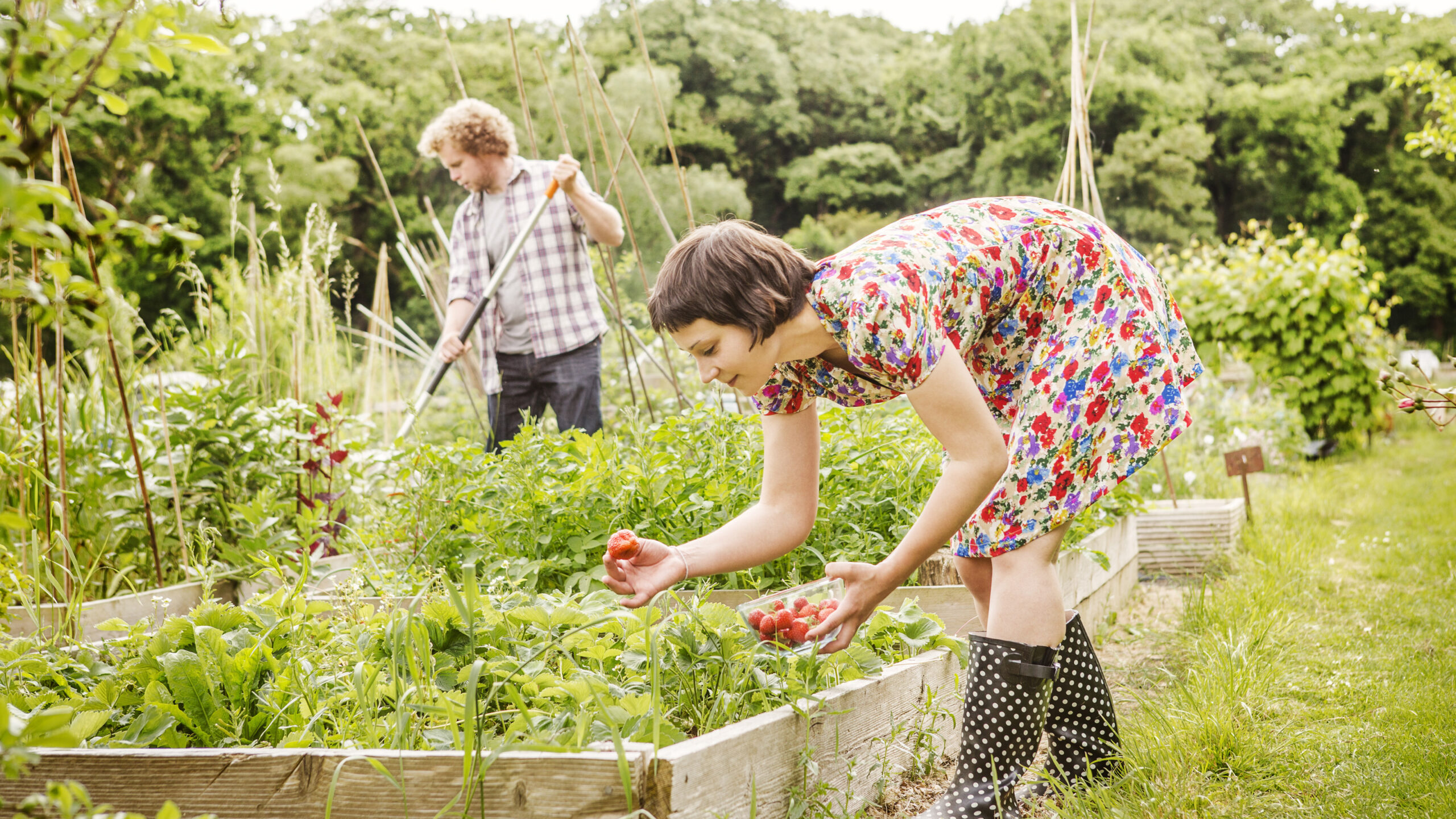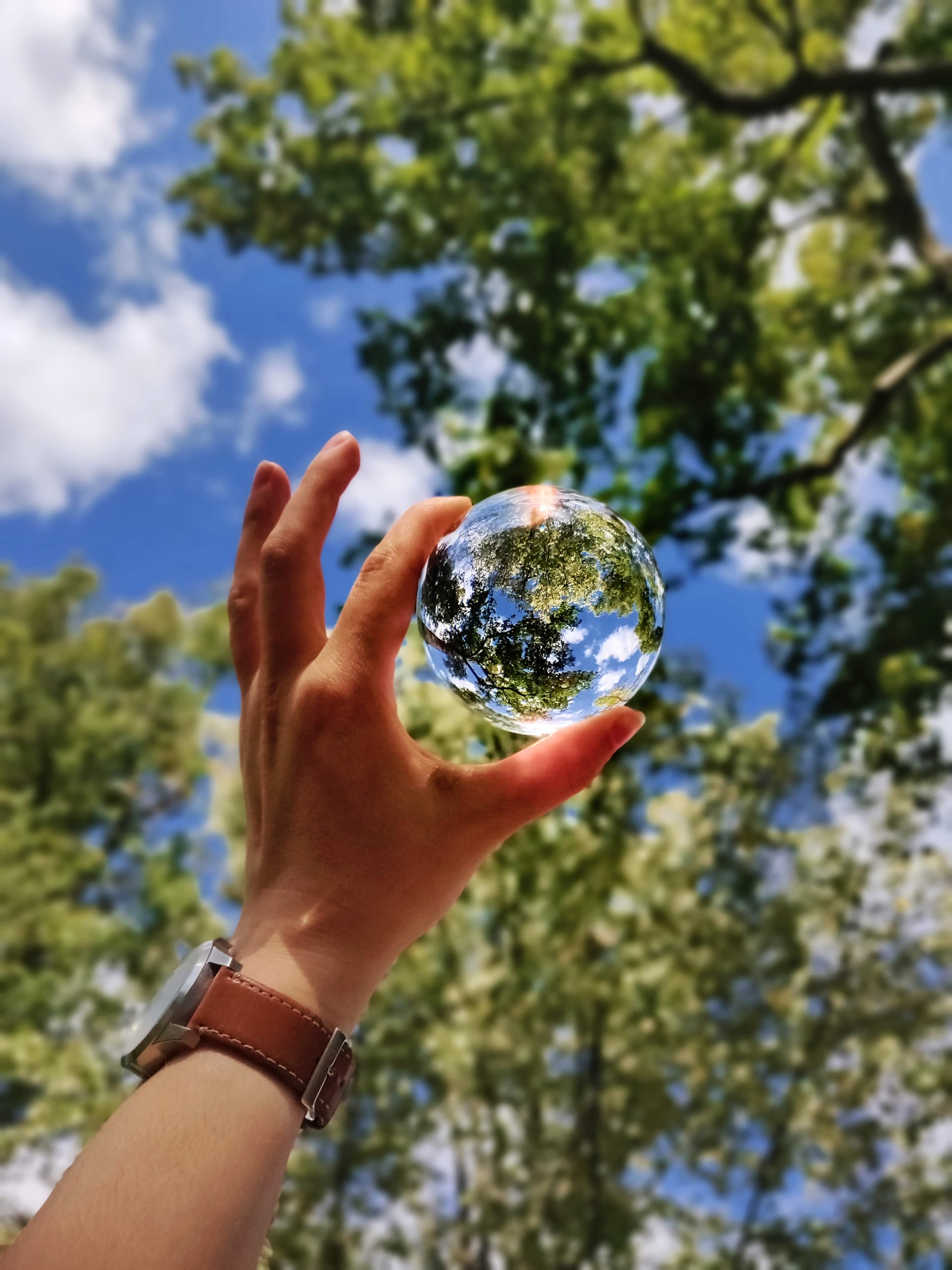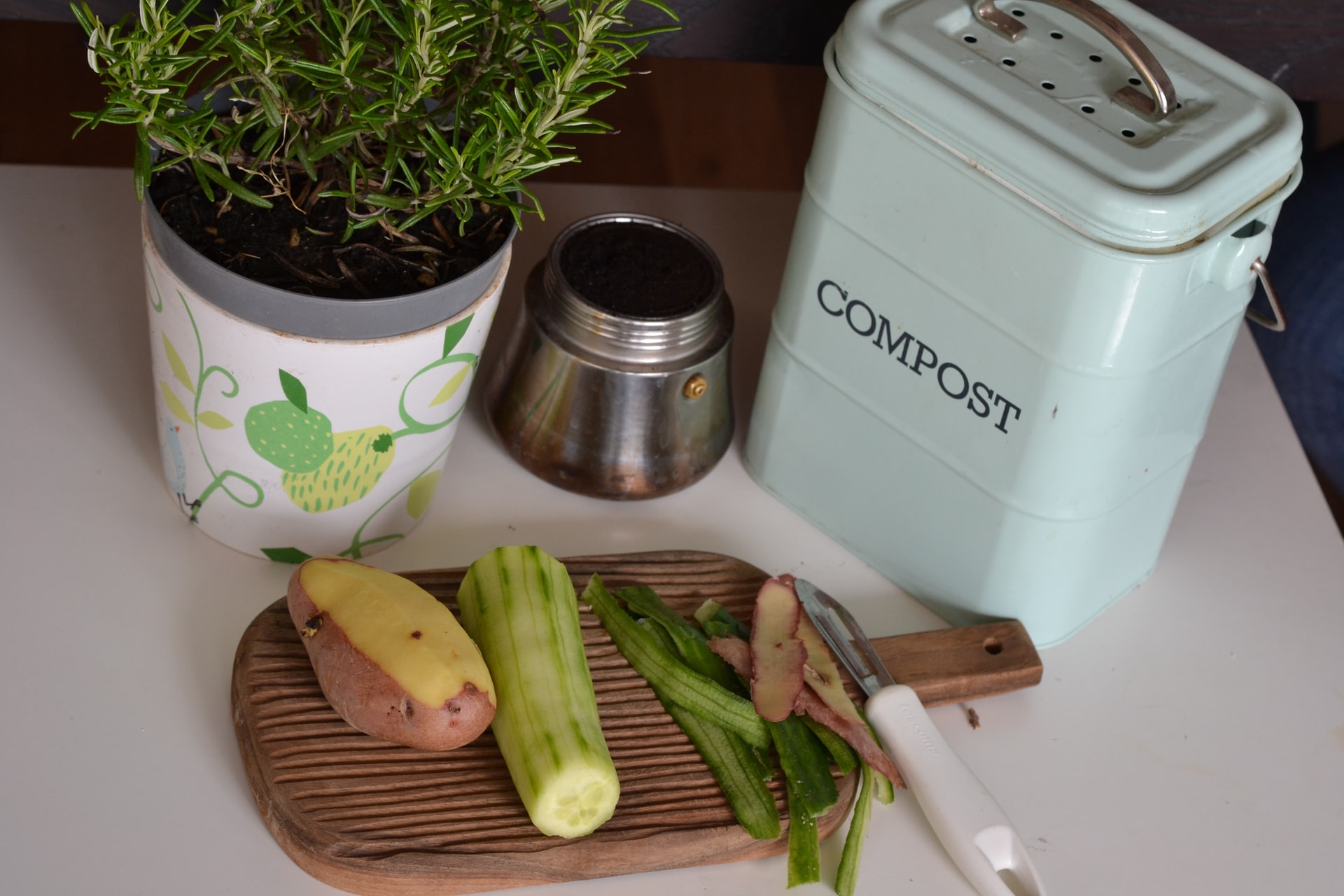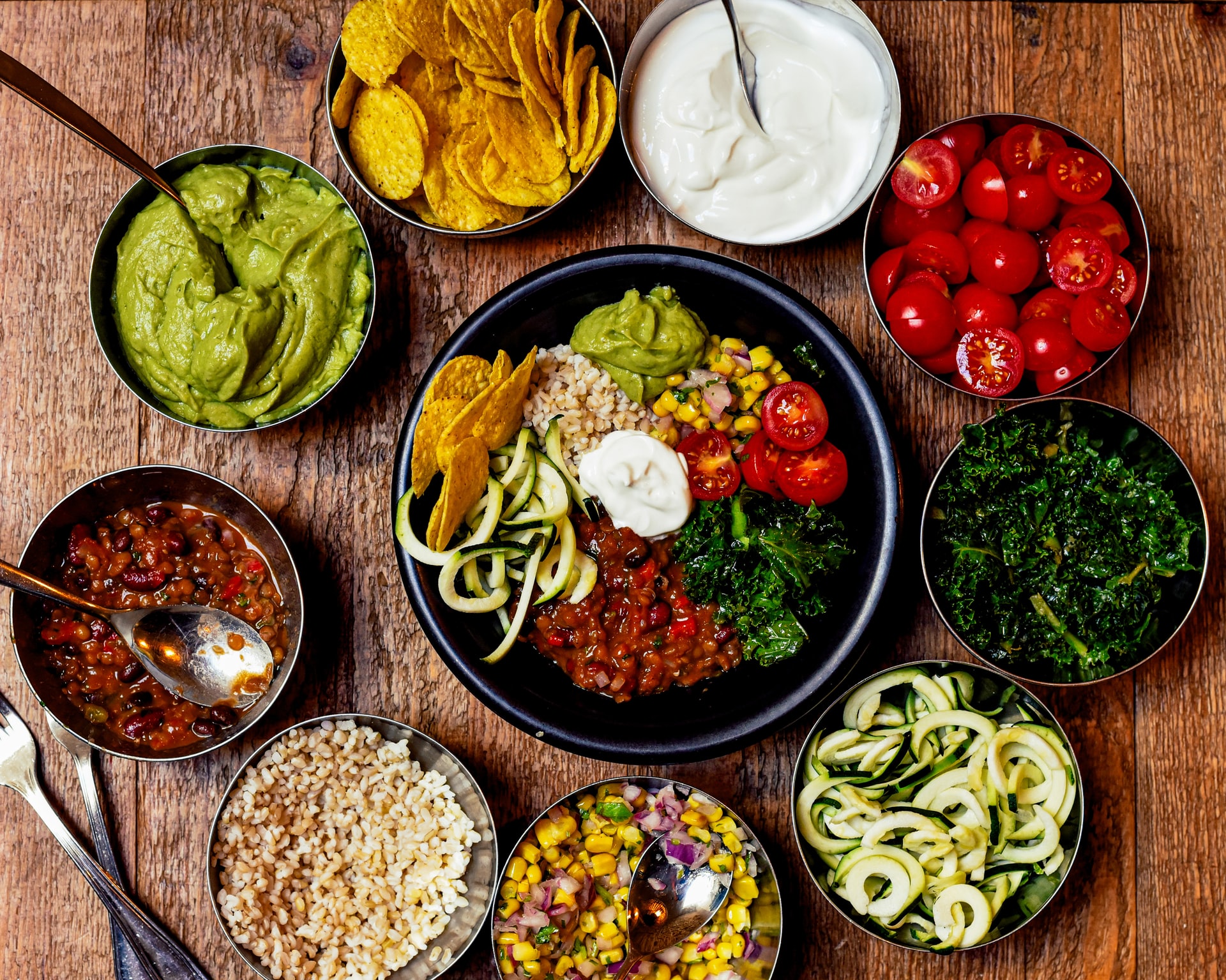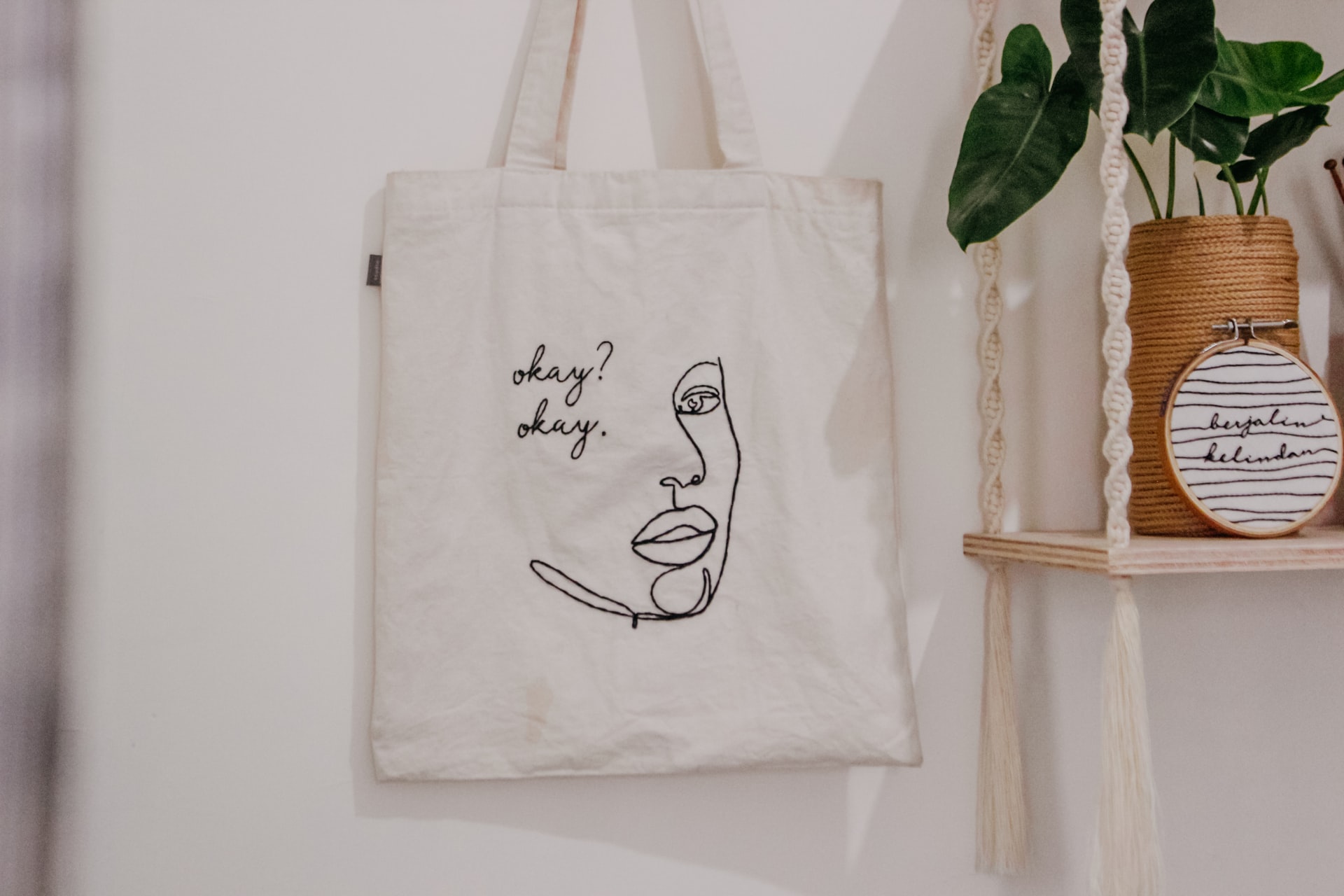Gardening is a very popular hobby for many people, and it’s easy to see why. Not only does gardening provide an opportunity to connect with nature, but it also allows individuals to grow their own food, beautify their surroundings, and improve the overall health of the planet. However, traditional gardening practices can often have negative impacts on the environment, such as excessive water use, soil degradation, and the use of harmful chemicals. Sustainable gardening aims to mitigate these impacts and create a more eco-friendly approach to growing plants. In this article, we’ll explore what sustainable gardening is, why it’s important, and how you can implement sustainable gardening practices in your own backyard.
What is Sustainable Gardening?
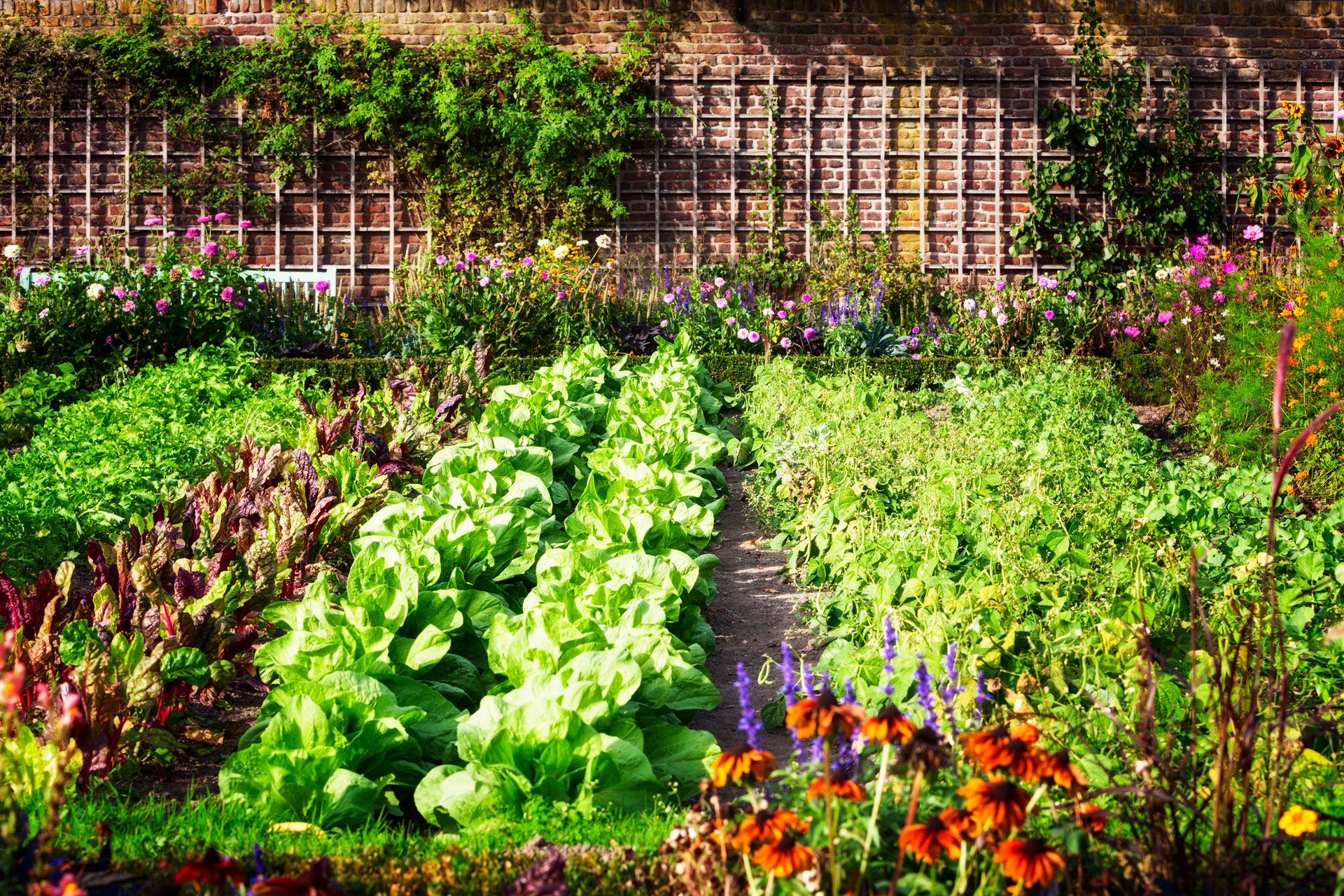 Sustainable gardening is a set of practices and principles that aim to reduce the environmental impact of traditional gardening practices. This includes using resources such as water and fertilizer more efficiently, reducing waste, and promoting biodiversity. Sustainable gardening is based on the principles of ecology, which recognizes that everything in the natural world is interconnected and that actions in one part of the ecosystem can have ripple effects throughout the whole system.
Sustainable gardening is a set of practices and principles that aim to reduce the environmental impact of traditional gardening practices. This includes using resources such as water and fertilizer more efficiently, reducing waste, and promoting biodiversity. Sustainable gardening is based on the principles of ecology, which recognizes that everything in the natural world is interconnected and that actions in one part of the ecosystem can have ripple effects throughout the whole system.
Why is Sustainable Gardening Important?
Sustainable gardening is important for a number of reasons. First and foremost, it helps to mitigate the negative impacts that traditional gardening practices can have on the environment. For example, using excessive amounts of water and fertilizer can lead to water pollution and soil degradation, which can have long-lasting effects on the health of the ecosystem. Additionally, sustainable gardening practices can help to promote biodiversity by creating habitats for beneficial insects and animals, such as bees and butterflies.
Sustainable gardening can also benefit human health by reducing exposure to harmful chemicals and pesticides. When pesticides and other chemicals are used in traditional gardening practices, they can seep into the soil and water supply, potentially harming both wildlife and human health. By using natural methods to control pests and promote plant growth, sustainable gardening practices can create a safer and healthier environment for everyone.
How to Implement Sustainable Gardening Practices
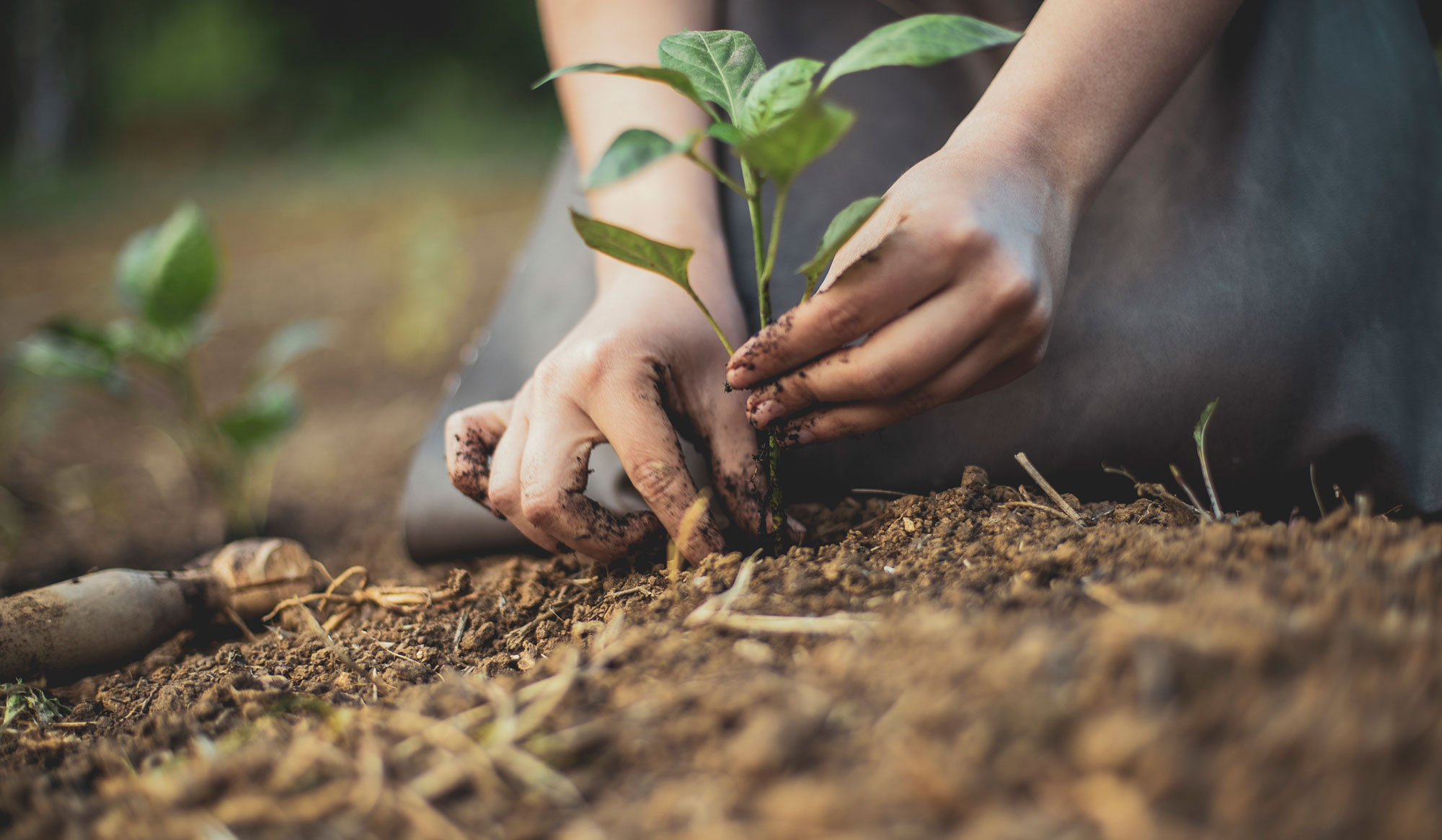 Implementing sustainable gardening practices in your own backyard is easier than you might think. Below you willl find some tips to help you get started:
Implementing sustainable gardening practices in your own backyard is easier than you might think. Below you willl find some tips to help you get started:
Use native plants: Native plants are adapted to the local climate and soil conditions, which means they will require less water and fertilizer than non-native plants. They also provide habitat for local wildlife, which can help to promote biodiversity.
Compost: Composting is an effective way of reducing waste and produce nutrient-rich soil for your plants. You can compost a variety of materials, including food scraps, yard waste, and even shredded newspaper.
Go for natural pest control methods: Instead of using dangeroud chemicals to control pests, try using natural methods such as companion planting, insect-repelling plants, and biological controls like ladybugs and praying mantises.
Conserve water: Water is a precious resource, so it’s critical to use it wisely in the garden. Consider using a rain barrel to collect rainwater for watering your plants, and use drought-tolerant plants that require less water.
Avoid synthetic fertilizers: Synthetic fertilizers can be harmful to the environment and can contribute to water pollution. Instead, use natural fertilizers like compost, worm castings, and bone meal.
By implementing these sustainable gardening practices, you can create a beautiful and eco-friendly garden that benefits both the environment and your own health and well-being.
Conclusion
Sustainable gardening is an important practice for all those who truly care about the environment and want to reduce its impact on the planet. By using natural methods to promote plant growth, reduce waste, and conserve resources, we can, together, create a more sustainable future for ourselves and future generations. Whether you’re an experienced gardener or just starting out, there are many simple and effective ways to implement sustainable gardening practices in your own backyard. By following these steps, you can create a beautiful and sustainable outdoor space.
